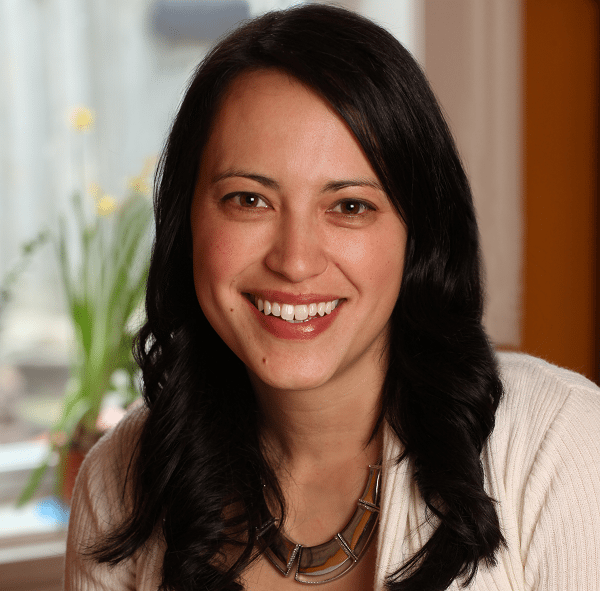When my father died I wrote reams of eulogies,
paper houses, and nothing
for my mother, who paced our house
dismantling the hours
of care built with bloodied
hands over his years of cancer.
Every room was bricked
with pills, bottles of saline solution,
Ensure, measured and meted out with
precision, every hour accounted
for in journals with her
grade school teacher’s hand.
I never wanted to be a nurse she told me ruefully,
sorting the week’s pills,
it was nurse, secretary, or teacher
in those days—
I watch her dress her third husband,
order his pills in blister packs, every goddamn minute
of holding on to her husbands through vomiting and
shitting and gurgling water in their lungs.
—nurse, secretary, or teacher: it still is.
My mother-in-law survived
a husband too, though his heart attack was a different
horror. Now she attends to a man who can’t love her;
there can’t be three people in a relationship, he says, after
she expressed admiration for the man
who cared for her dying friend.
Widows line his street, he will pick one who can
devote herself to nursing his jealousies,
who can put balm to his fevered imagination and be
grateful for the chance. When my mother’s 2nd husband
was in the throes of cancer he lost himself,
my mother talked him through nights when he railed against her,
accused her of starving him as his stomach pump
whirred in the dark. Every three hours she cleaned it,
set it, and he would raise
his fist to her face,
demand to know why she wasn’t caring for him.
On visits he would wink at me, tell me she was crazy
and her face, I have never seen such a dark exhaustion.
It erases everything.
When my mother considered falling in love again,
I encouraged her, I said it’s a tribute to the love you had for my father
not thinking about the cost of tributes. I can do that, now,
with my husband, and kids, and busy busy job,
it’s easy to ignore the waver in her voice,
believe that caretaking is a job, the efficient accounting
and management of a body, believe that love is worth
all costs. And it is,
for men who don’t die alone. Those left
are women, it seems. Quietly sweeping
the rubble of work from their homes.
What remains within these tidy houses?
We are told that women, after a certain age,
become invisible. Surely, it is something within them;
and not us looking away.
Comments by Ben Ladouceur
We often forget that, for most of human history, people didn’t move—where you were born was probably where you died. This poem braces and breaks, detailing characters who suffer this old-fashioned fate not in terms of geography, but in terms of emotion and duty. As lives and loves are lost around them, these women persist under pressure and patriarchy. Though the title only provides the first half, we all know how the idiom ends. It’s never done.
Bio

Sarah Tsiang
Sarah Yi-Mei Tsiang is the author of 10 books, including picture books, poetry, and fiction. Her award-winning work has been internationally sold and translated.

